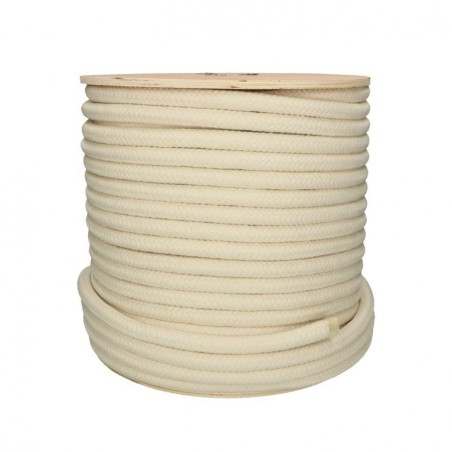The Danish Veterinary and Food Administration will be visiting 400 pig farms between January and July this year to check whether farmers have done enough to prevent tail biting among their animals.
Tail docking will only be allowed if the farmer has written documentation that efforts are being made to reduce tail biting.

Considering that there are many factors that affect tail biting between pigs and that, for example, the presence or absence of enrichment material can help limit stress in pigs, thus reducing the risk of tail biting and increasing animal welfare, the Administration will verify whether the farmer has carried out the risk assessment of conditions that can prevent tail biting and, therefore, reduce the need for tail docking.
If there is no tail biting and the risk assessment also shows that the risk of tail biting is low, the farmer should develop an action plan describing how to phase in pigs with intact tails.
Background:
Routine tail docking of pigs is prohibited in the EU. In 2019, it became mandatory for farmers to document in writing the extent of tail biting on their farms and prepare a risk assessment and associated action plan that can contribute to reducing the incidence of tail biting. The standards should contribute to more pigs with intact tails.
February 14, 2023/ Danish Food Authority/ Denmark.
https://www.foedevarestyrelsen.dk










